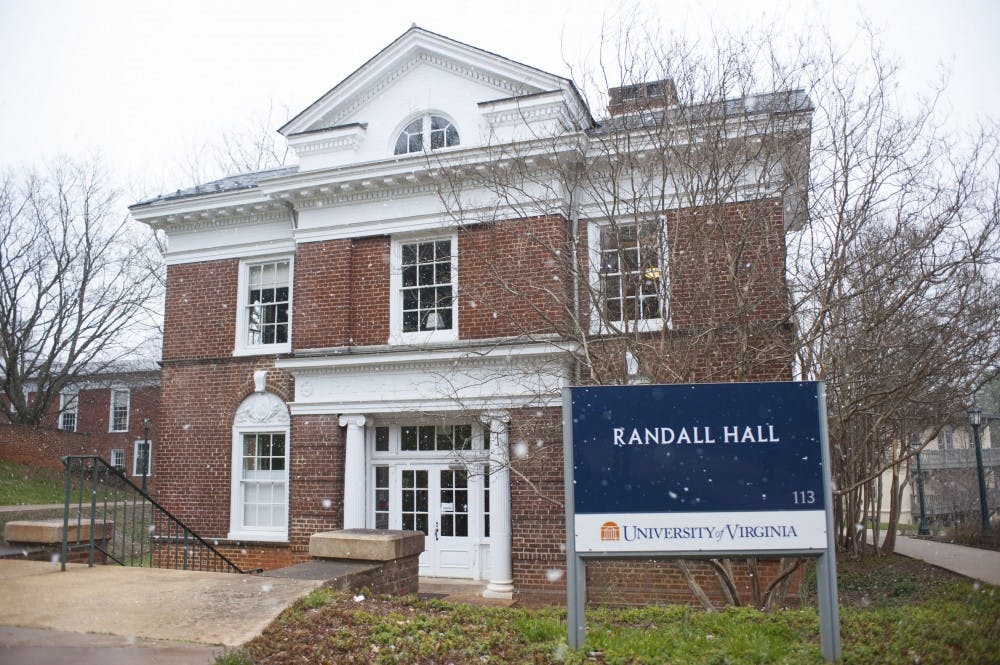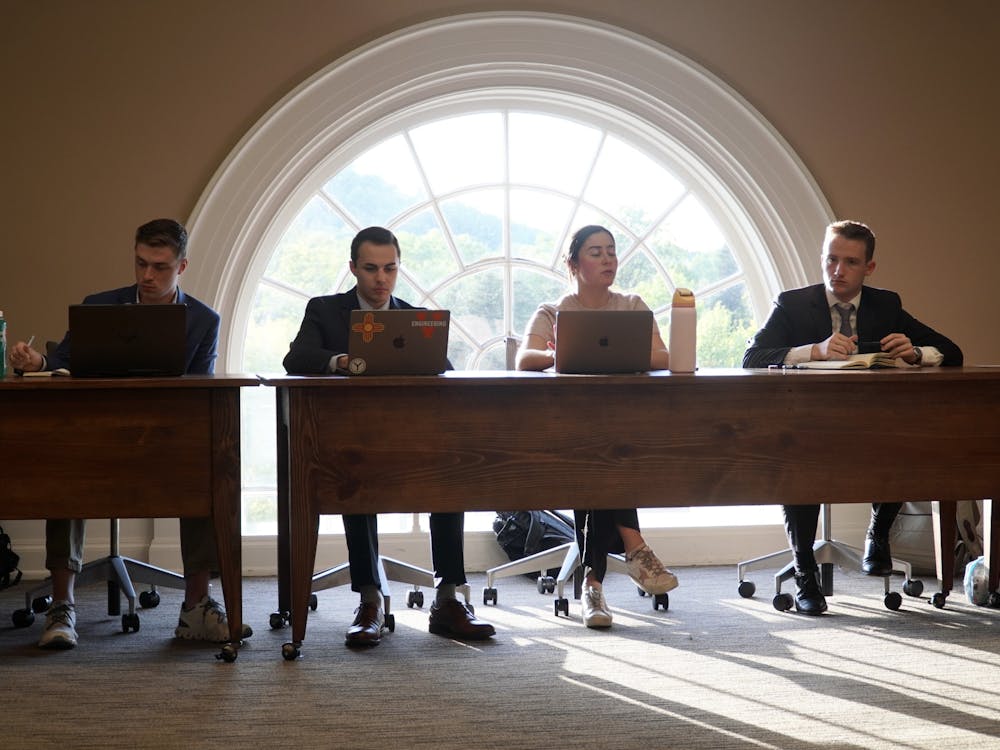The Graduate School of Arts & Sciences recently made a decision to alter its financial aid policy, and will now require many students to report any sources of aid they receive from outside the University to their graduate directors.The change reflects an effort to increase the efficiency and the distribution of financial aid to graduate students and to prevent financial losses.
Prior to the change, which affects mostly doctoral rather than masters students, there was no established procedure for how students should account for external scholarships or how graduate directors should respond to externally recognized grants. Because of the lack of available information, the school had the potential to award too many or too few stipends to its students.
Philip Zelikow, GSAS associate dean of academic programs, said the school’s new policy revises this system so it might better meet the needs of its students, with less difficulty on the part of the University.
“This replaces a situation in which there was no standardized policy at all, with graduate directors in departments adjusting their own support packages in many different, often unpredictable, ways when one of their students received an external award,” Zelikow said in an email.
Arts & Sciences graduate student Benjamin Vaughan, who is the Graduate School Council president and is in favor of the policy change, said the chemistry department already had a similar policy.
“This may be new in some departments, but I’d be surprised if any department did not have some type of policy in place previously,” Vaughan said.
According to the policy outline, any failure of a student to report external scholarships will be considered a misconduct and will be “subject to disciplinary action.”
Though these grants must be reported, not all will be accompanied by reductions in stipends. The University will only reduce a student’s aid when a their total scholarships exceed 130 percent of the living support initially offered by their graduate program — therefore dependent on the amount of aid GSAS departments initially determine students need.
“The 130 [percent limit] will vary, depending on the size of the student’s standard support package from the Graduate School, which varies from department to department,” Zelikow said.
Vaughan said many doctoral candidates do not use any non-research external funding sources to graduate and said masters students, unaffected by this policy, have a different funding model.
“[E]xternal fellowships prove essential for degree completion for many grads, as they can provide funding for field work and traveling to archives, conferences and outside labs to learn new skills,” Vaughan said.
Not all outside grants, however, will be included in calculating 130 percent benchmark. According to the policy, any funding provided specifically for research, for instance, will be considered exempt. Only “externally awarded living support” explicitly applies.
At this point, school officials said they do not know how far-reaching the impact of this change will be on the graduate student body. The policy is not aimed at reducing the amount of overall support a student receives.
“We don’t know how many students will be impacted,” Zelikow said. “All of our doctoral students already receive substantial support packages now from the Graduate School if they are in the first five years of study, and some get support after that. And this policy doesn’t really apply to students being helped on faculty research grants.”
Vaughan said GSAS students were more concerned with other policies. For example, Vaughan said GSAS “grandfathered” some of its students into a system of lower awards, but still applied tuition increases to those students.
“While this process varied across departments, the staggered implementation of these policies adversely affected a subset of the graduate population,” Vaughan said.
This new policy will impact aid plans from 2014 through 2015.





